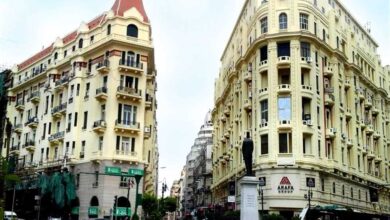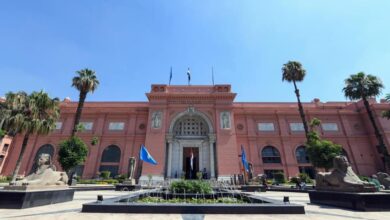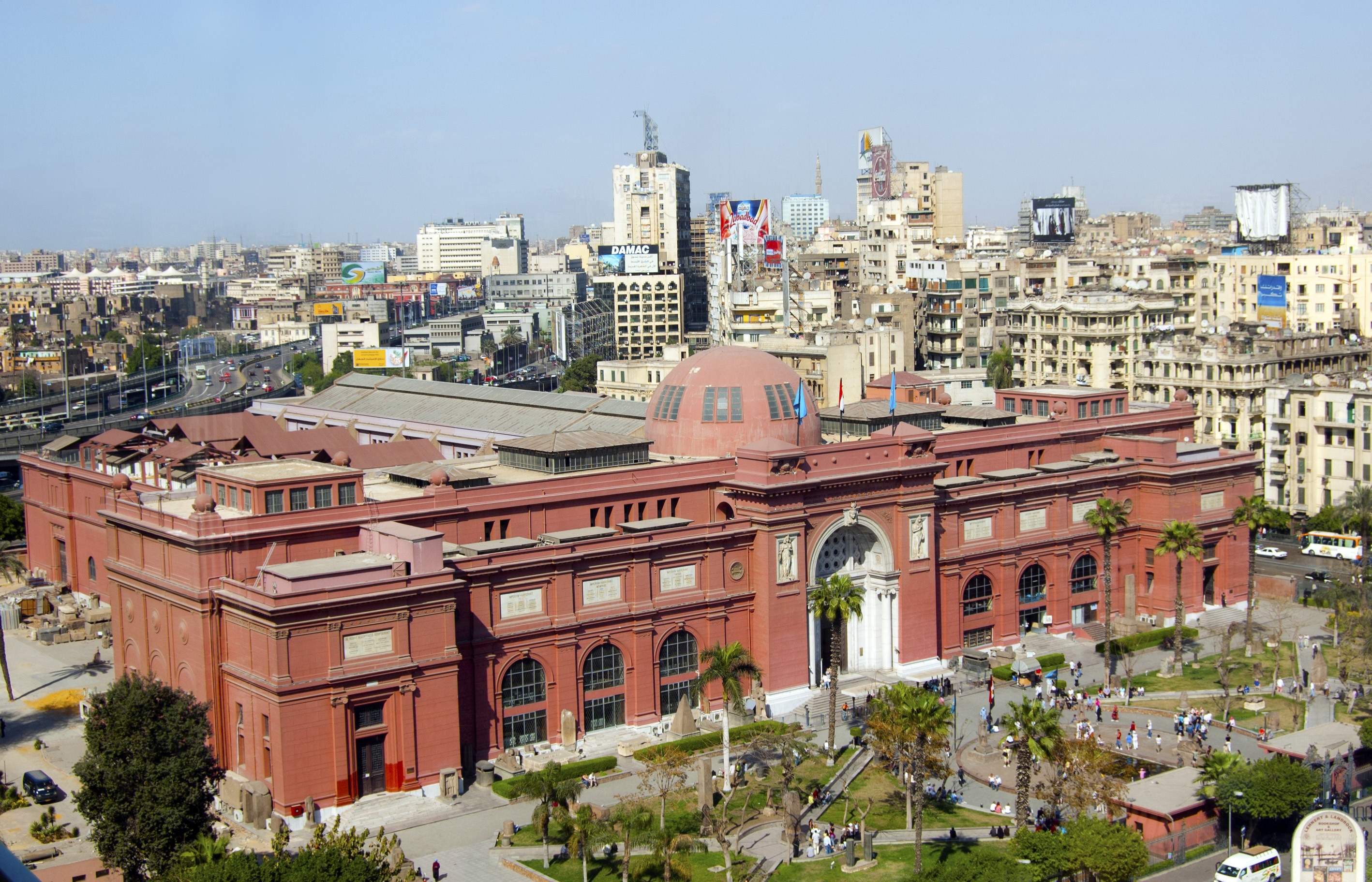Hundreds of thousands of Egyptians continued to flood into Tahrir Square on Tuesday, the 15th day of the revolution, to demand the immediate ouster of President Hosni Mubarak. The protesters lined up in long lines in front of army checkpoints followed by checkpoints organized by the protesters themselves before entering the square.
Egyptian authorities closed off the streets around Tahrir Square and re-routed traffic.
Tahrir Square became packed with protesters Tuesday afternoon, despite announcements made by Mubarak about steps being taken to amend the constitution and hold accountable those responsible for killing hundreds of protesters since 25 January.
The protesters stressed they would accept nothing less than the resignation of Mubarak and that that they would not agree to negotiations with Vice-President Omar Suleiman, especially since the parties and political movements he has already met with did not represent the protesters.
A number of Egyptian celebrities also arrived at Tahrir Square, including well-known singer Shireen Abdel Wahab, who was surrounded by dozens of protesters and reporters. A number of protesters accused Abdel Wahab of hypocrisy, asking where she had been for the past two weeks and why she had only showed support for them now.
Egyptians’ passion for football was utilized as goalkeeper Nader al-Sayed led the crowd’s anti-Mubarak cheers while being hoisted on protesters’ shoulders.
A noticeable number of newcomers also flooded the square today, mainly members of the upper class and housewives who had once been skeptical of the uprising but were now actively participating in it.
Mariam al-Mansy is one of the many protesters found in Tahrir Square today who started off opposing the demonstrations but changed their minds today.
“I was against the protests because of all the rumors I was hearing. But after the regime’s disregard for the people and Mubarak’s speeches that were empty of promises and all the killing that happened, I realized that the protesters are right–so I joined them,” says al-Mansy.
Jihan Hosny, another first-timer, says that after watching the activists’ negotiations with Omar Suleiman, she started to realize that they were serious, and decided to join the protests.
“When I watched the young people talking on television, I realized they are not playing around, and that this is a real revolution,” says Hosny.
Small groups from different governorates also arrived today to Tahrir Square and announced that they would stay there until Mubarak’s departure. Delegations from Minya, Aswan, Luxor and 6 October set up camps in the square today.
Magdy Khafaga, Badrashin resident who arrived in Tahrir today to join the demonstrations, says that the image portrayed to the people in small villages about the protests by the media was misleading.
“The people in Badrashin think that the protests in Tahrir are ending, but when I came today I was surprised to find huge numbers in the square,” says Khafaga.
College professors marched today from Cairo University’s faculty members club to the square and joined the protests. “Our participation has come late, but we have to have a role in this uprising,” said one professor.
The people who have been staying in the square for the past two weeks have created an organized system so as to be able to continue their strike indefinitely. Food outlets, entertainment, cultural centers and a security system are all available in the square. Protesters stress that they are not tired and are willing to stay as long as it takes for the regime to fall.
“We have a whole country in Tahrir Square–there's a ministry for sanitation, a ministry for protection, and so on,” says Mohamed Abdel Raouf, who has set up a makeshift newspaper booth in his tent.
A family head who had been staying in a tent in Tahrir Square with his wife and two children for the past four days says that he is reassured about the safety of his family sleeping in a tent in the middle of the square–even more than he was at home.
The protesters in Tahrir Square today are saying that public opinion, which had been divided throughout last week between people supporting the protests and people calling on them to stop, has now united again unanimously calling for Mubarak’s unconditional resignation.
“All those who cried in sympathy for Mubarak after his speech are protesting again today,” says one demonstrator.
Monday evening, actor Khalid Saleh led a large demonstration, which marched through Tahrir denouncing the ruling regime for its role in causing the death of hundreds of protesters and the injury of thousands of others.
Meanwhile, dozens of protesters prevented media personality Lamis al-Hadidi, who hosts a program on state television, from entering the square, accusing state-run television of misleading the Egyptian public and causing more victims to fall by broadcasting false information about the protests.




